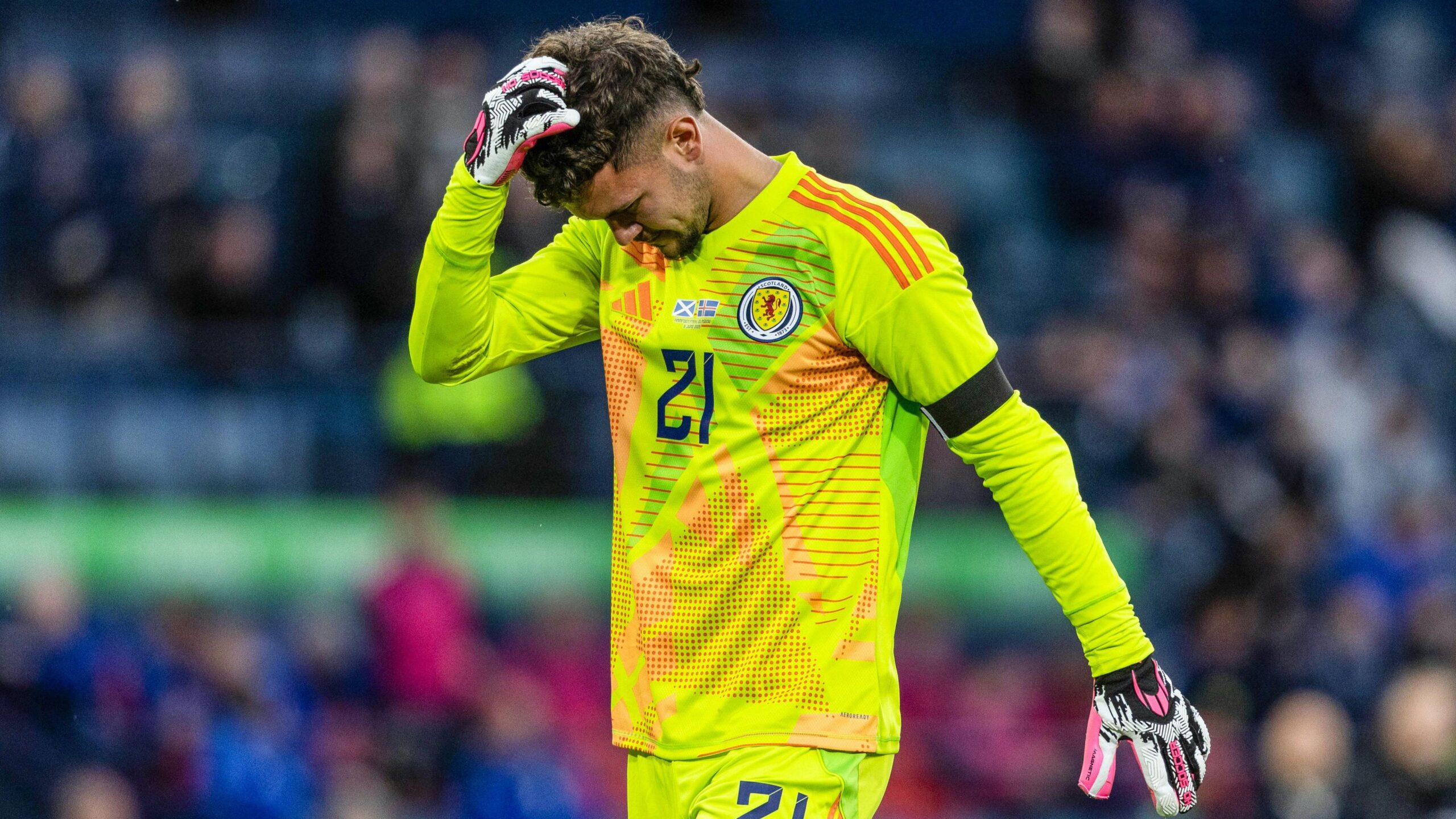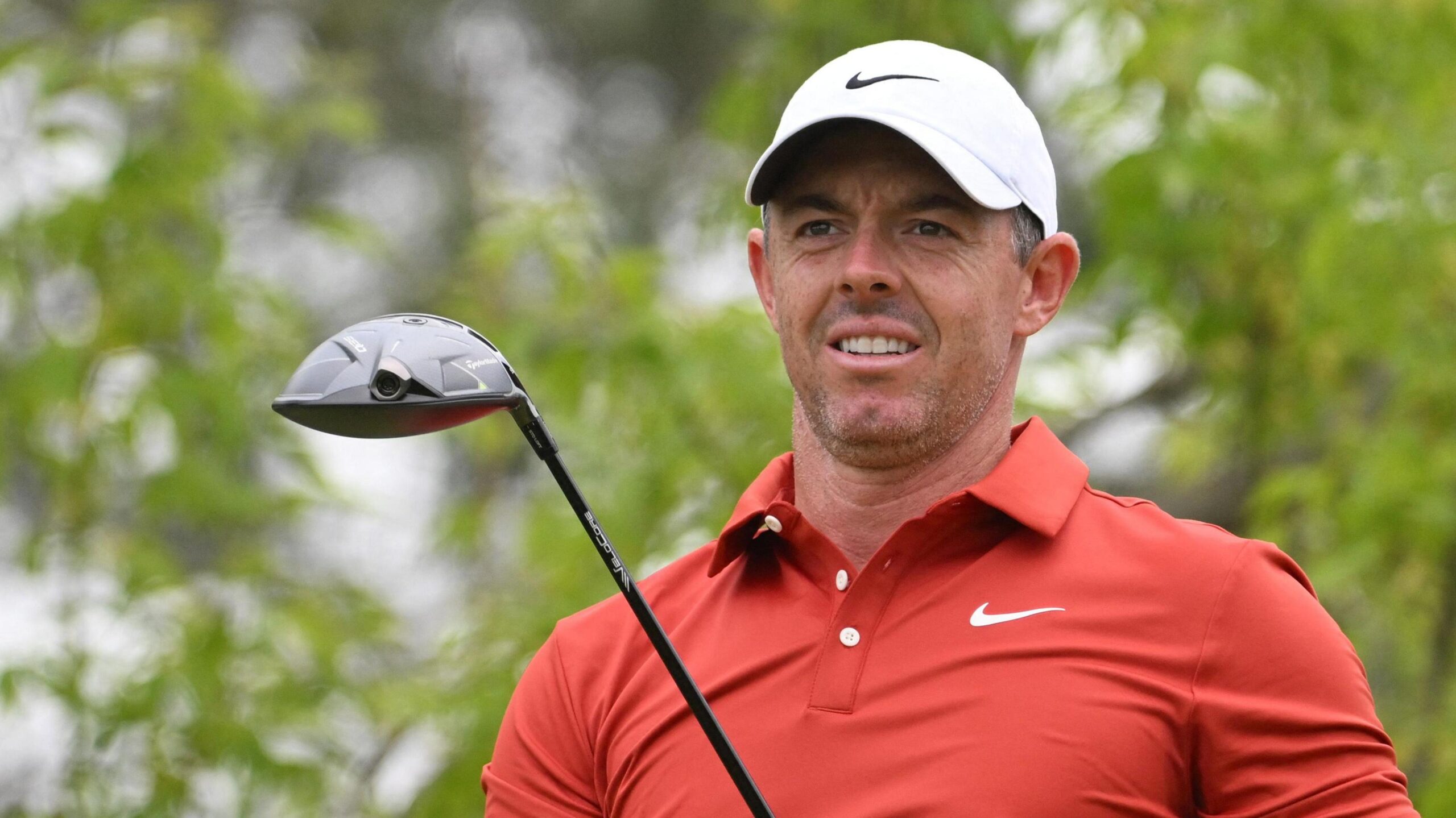Agbakoba said this in a statement he issued tagged, “Two Years Assessment of President Tinubu: The Political Governance Fundamental”.
While commending President Bola Tinubu for his reforms, including the removal of fuel subsidy, the Senior Advocate of Nigeria (SAN) says such moves cannot make headway without the right political structure.
“I believe the challenge with Tinubu’s economic reforms lies in their execution within a dysfunctional governance framework,” Agbakoba wrote.
“Fuel subsidy removal was intended to free up resources for productive investment, but if state and local governments lack capacity and autonomy to deploy them effectively, reform benefits remain unrealized,” Agbakoba wrote.
Two Years Assessment of President Tinubu: The Political Governance Fundamental.
Redirecting Nigeria’s Development Agenda Beyond Economics.
Introduction: The Misdiagnosis Problem
President Bola Tinubu was elected on May 29, 2023. His first term in office will end on May 28, 2027. We are now at midterm. Many midterm performance assessments have been conducted, most based on economic factors: inflation rates, employment, exchange rate stability, GDP growth figures, poverty levels, and similar metrics.
A midterm assessment is generally based on economic performance, but in the case of Nigeria, I am not sure this approach is appropriate, given the underlying structural problems. The country suffers from a flawed federal system where power is excessively centralized, creating inefficiencies and bottlenecks that economic policy cannot resolve.
Wrong diagnosis leads to wrong treatment that produces wrong results. Nigeria must confront its structural political deficit otherwise, economic interventions will continue to yield suboptimal results, regardless of their technical soundness. I will therefore depart from assessing President Tinubu’s midterm based on economic factors alone. Let me explain.
The Structural Reality: 90% Dysfunction
Everyone knows that Nigeria operates a deeply flawed, over-centralized political system that cannot be characterised as a federal system. The result is 774 local governments and 36 states (90% of Nigeria’s governance architecture) fully depend on the Federal Government. Local and state governments are primarily collection points for federal allocations rather than centres of productive governance. The result is that economic activity is artificially concentrated at the federal level while the natural drivers of bottom-up economic growth (local governments and states) remain dormant and excluded.
The administrative governance structure is a huge hindrance to economic development. The administrative system is not designed to enable optimal economic performance but rather to control and regulate economic policy by layers of bureaucratic interference. Private sector is stifled by lack of innovation and entrepreneurship. The bureaucracy is simply too unwieldy to deliver optimal results to drive investment and economic growth.
More critically, this centralized economic planning excludes majority of Nigerians from economic participation. Over 200 million Nigerians are trapped in an informal sector that is unproductive and disconnected from formal economic opportunities. The political system allows the extraction of enormous economic value by rent-seekers and plutocrats who position themselves at the centralized chokepoints of resource allocation.
The Economic Implications of Political Over-Centralization
Economies grow from the bottom up, not top down. This fundamental principle explains why countries with robust local governance structures consistently outperform highly centralized systems. When local governments cannot effectively manage local resources, local challenges, and local opportunities, the entire economic ecosystem suffers.
Consider the agricultural sector, which employs majority of our people. Agricultural productivity is inherently local—soil conditions, climate patterns, market access, and farming techniques vary significantly across Nigeria’s diverse geography. Yet agricultural policy is mostly formulated and implemented from Abuja, creating a one-size-fits-all approach to an inherently localized economic activity.
This centralized approach excludes smallholder farmers, local traders, and community-based enterprises from accessing credit, technology, and markets, trapping Nigeria’s largest economic sector in subsistence patterns while well-connected agribusiness interests capture the formal value chains.
International Perspectives: Learning from Successful Models
European economies offer instructive examples. Countries like Spain built significant portions of their economies around simple agricultural products—olive oil, grapes, and apples. The key difference lies not in the products themselves but in the governance structures that support their production and commercialization.
In Spain, regional governments have substantial autonomy over agricultural policy. Local governments manage rural development programmes, and municipalities coordinate directly with farming communities. This multilevel governance approach allows for responsive, adaptive policies that reflect local conditions whilst contributing to national economic objectives.
Nigeria’s fixation on oil and gas reflects the centralized governance model where complex resources are managed from the centre. Meanwhile, simple crops that could drive broad-based economic growth—tomatoes, rice, yam, beans, cassava—remain underdeveloped precisely because the governance structures needed to support them are dysfunctional.
Tinubu’s Economic Reforms: Necessary but Insufficient
President Tinubu deserves credit for implementing long-overdue economic structural reforms. This is known as market correction. The removal of fuel subsidies and deregulation of the foreign exchange market were courageous decisions that previous administrations avoided due to political costs. These reforms are economically sound and necessary for long-term stability.
However, the critical question is not whether these reforms were correct—they were—but whether they can achieve their intended impact in the context of Nigeria’s governance structure. Economic reforms operate within political systems, and when those systems are fundamentally flawed, even the best economic policies produce suboptimal results.
Also, these federal-level reforms do not address the fundamental exclusion of majority of Nigerians from formal economic participation. Without complementary governance reforms that empower local institutions, these macroeconomic adjustments may worsen inequality by concentrating benefits among those already connected to formal economic networks.
The Missing Follow-Through
I believe the challenge with Tinubu’s economic reforms lies in their execution within a dysfunctional governance framework. Fuel subsidy removal was intended to free up resources for productive investment, but if state and local governments lack capacity and autonomy to deploy them effectively, reform benefits remain unrealized. Similarly, forex deregulation aimed to improve market efficiency will not happen if the regulatory environment remains centralized and unresponsive to local business conditions. Efficiency gains cannot translate into broad-based economic growth.
The Foundation Problem: Building on Unstable Ground
Nigeria’s development challenge resembles building a 20-storey edifice on a cracked foundation. No matter how impressive the superstructure—federal economic policies, national development plans—the underlying cracked foundation will limit what can be achieved.
When local governments are not allowed to register births and deaths, and also not allowed to manage basic education, water, sanitation, health, when municipalities cannot issue driving licenses, the entire system operates below capacity. Local governments are the building blocks of economic development because they create the institutional environment within which businesses operate.
The Capacity Trap
Nigeria is in a capacity trap. The federal government is overburdened with responsibilities it cannot effectively manage. Subnational governments are underpowered to handle functions they are best positioned to execute. This misalignment creates inefficiency at every level.
Federal ministries attempt to manage local issues from Abuja, creating bureaucratic delays and contextual mismatches. Meanwhile, local governments with intimate knowledge of community needs, lack resources and authority to address them. The result is governance that satisfies no one and develops nothing.
This administrative dysfunction manifests as excessive bureaucratic interference in private sector operations. Businesses face multiple layers of approvals, permits, and regulatory compliance that are designed more for control than facilitation. The unwieldy bureaucratic machinery creates bottlenecks that slow economic activity and discourage investment, while the distance between decision-makers and implementers ensures that even well-intentioned policies are poorly executed.
Without functional local institutions to provide basic services, regulate markets, enforce contracts, and facilitate access to credit and technology, informal enterprises remain trapped in survival mode rather than growing into productive businesses.
The Path Forward: Political Governance as Economic Strategy
Achieving Nigeria’s ambitious target of becoming a one trillion-dollar economy requires growth rates of 7-8% sustained. Such growth rates are impossible within the current governance structure because economic energy across all levels of society cannot be unleashed.
A revolution in political governance will admit a rush of new economic actors currently trapped, useless and unproductive in the informal sector. When local governments can effectively support local businesses, when communities can organize their own development initiatives, and when state governments can create enabling environments for regional economic clusters, Nigeria will witness an explosion of entrepreneurial energy that has been suppressed for decades.
Restructuring as Economic Imperative
The solution requires restructuring, rebalancing, or devolution. Regardless of terminology, the imperative is clear: Nigeria must transition from its current unitary system disguised as federalism to genuine multilevel governance where each tier has meaningful autonomy and responsibility.
Genuine multilevel governance is not merely a political preference—it is an economic necessity. Countries that achieve sustained high growth rates do so by mobilizing economic activity across multiple levels of governance. When only the federal level is truly functional, economic growth is artificially constrained by the capacity limitations of that single level.
More importantly, functional multilevel governance creates multiple entry points for economic participation, allowing entrepreneurs to access services and build businesses through local institutions rather than navigating federal bureaucracies in Abuja.
Implementation Framework: Executive Actions, Legislative Reforms and Administrative Restructuring
Implementing genuine multilevel governance will require constitutional amendment, but beyond constitutional amendment there are certain executive actions and administrative restructuring the President can undertake to redirect the country.
Executive Actions
The President can immediately transfer specific functions to state and local governments through executive orders. Issues like driver’s license, agriculture, microfinance banks, labor regulation, including minimum wage prescriptions, business incorporation, state taxes, trade within states, etc can be devolved administratively.
Legislative Reforms
The National Assembly can utilize Sections 4(1) and 315(1)(a) & (4) of the Constitution to replace the 1999 Constitution and prioritize devolution of powers and fiscal federalism. I recommend that the National Assembly create a new legislative list for Federal, State, and Local Government. Local Governments should have clearly defined legislative powers within the constitution.
Powers relating to infrastructure such as road construction and maintenance, street lighting, and waste management should be clearly assigned, along with primary healthcare, education, social welfare, business licensing, market regulation, tax collection (community tax, tenement rates), voter registration, conduct of local elections, and management of public facilities like cemeteries to local governments. Currently, State governments have largely usurped these functions and crippled the 774 local governments that are supposed to be a source of energy and economic activity. The same should apply to states.
Functions of state governments should be clearly set out by the constitution, as they are being usurped by the federal government. For example, is the Supreme Court suited to adjudicate chieftaincy, inheritance, and land matters from states? Should the Federal Government hold onto policing powers with one Inspector General of Police in Abuja overseeing policing of 200 million people? Should Federal Government control airports in the country, even when built by states?
The National Assembly must pass legislation that empowers subnational governments to take on more economic policy while providing the legal framework for intergovernmental cooperation. Revenue allocation formulae can be adjusted to match resources with responsibilities.
Administrative Restructuring
Federal ministries can be restructured to focus on policy formulation and standard-setting rather than direct implementation. This would free up resources and expertise to support subnational governments whilst reducing the federal government’s operational burden.
Most important, restructuring would transform the administrative governance approach from one of interference and control to one of facilitation and support. Rather than bureaucratic agencies, acting as gatekeepers that slow down economic activity, they should be enablers that help businesses navigate regulatory requirements efficiently.
Expected Outcomes: Multiplying Growth Centres
Proper political governance would create multiple centres of economic growth across Nigeria rather than concentrating activity in Abuja and a few commercial centres, unleashing the economic potential of over 200 million Nigerians currently marginalized in the informal sector and replacing rent-seeking extraction with broad-based economic participation.
Conclusion: The Imperative for Paradigm Shift
President Tinubu’s administration stands at a crossroads. The President must do a U-Turn and embrace fundamental governance restructure.
Without functional political governance at all levels, economic interventions will continue to produce disappointing results regardless of their technical merit. Nigeria’s challenge is not economic—it is political. The system of centralized economic planning has created a dual economy where a small elite captures enormous value through rent-seeking while over 200 million Nigerians remain trapped in unproductive informality.
A new scheme of political governance that recognizes that politics and economics is local will unleash a volcano of tremendous energy that will be unstoppable by anyone, to the ultimate benefit of economic development.
The wrong diagnosis has led to wrong results for too long. It is time for the right diagnosis and the right treatment: political governance reform is the foundation for sustainable economic transformation.
Dr. Olisa Agbakoba SAN




